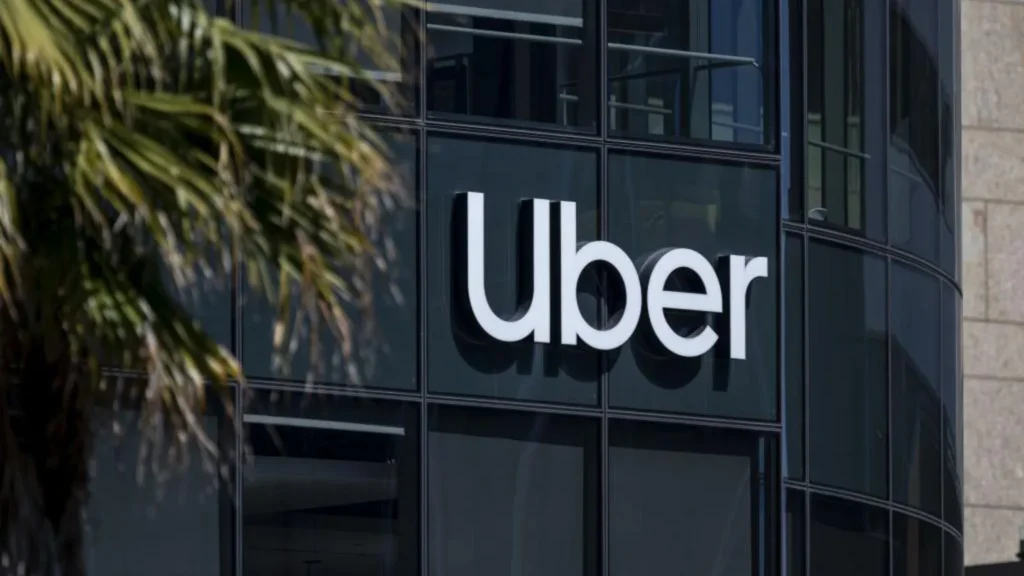In a significant ruling, the Dutch Data Protection Authority (DPA) has imposed a massive €290 million fine on Uber for serious violations of the European Union’s General Data Protection Regulation (GDPR). The penalty, which is one of the largest fines ever levied under the GDPR, underscores the EU’s stringent approach to data protection and serves as a stark warning to other multinational corporations about the consequences of failing to comply with data protection laws.
The Breach: Data Transfers Without Adequate Safeguards
The crux of the case lies in Uber’s handling of sensitive personal data belonging to its European drivers. According to the DPA, between August 2021 and November 2023, Uber transferred this data to its headquarters in the United States without implementing the necessary safeguards required by the GDPR. The types of data involved were extensive and highly sensitive, including account details, taxi licenses, photos, payment information, location data, and even criminal and medical records of the drivers.
The GDPR, which was enacted to protect the privacy and personal data of individuals within the EU, mandates strict protocols for transferring data outside the EU. These protocols are designed to ensure that personal data receives the same level of protection abroad as it would within the EU. The Privacy Shield framework, which had previously facilitated data transfers between the EU and the US, was invalidated by the European Court of Justice in 2020. Following this, companies were required to use Standard Contractual Clauses (SCCs) to transfer data, but only if they could guarantee an equivalent level of protection. The DPA found that Uber had failed to meet this requirement, rendering its data transfers non-compliant.
The Investigation and Regulatory Response
The investigation into Uber’s data practices was initiated after more than 170 French Uber drivers filed complaints through the Ligue des droits de l’Homme, a French human rights organization. These complaints were then forwarded to the Dutch DPA, as Uber’s European headquarters are located in the Netherlands, making the Dutch authority the lead regulator under the GDPR’s one-stop-shop mechanism.
The DPA’s investigation revealed that Uber had not only transferred sensitive data without adequate protection but had also done so over a prolonged period. Despite the invalidation of the Privacy Shield and the introduction of new legal frameworks, Uber continued its data transfers without updating its protocols to ensure compliance. This oversight, according to the DPA, exposed the personal data of thousands of European drivers to potential misuse and unauthorized access, particularly by US authorities, which do not offer the same level of data protection as the EU.
Uber’s Response and Appeal
Uber has vehemently denied the allegations, describing the DPA’s decision as “flawed” and the fine as “extraordinary and unjustified.” A spokesperson for the company argued that Uber’s cross-border data transfer processes were compliant with GDPR during a period of significant regulatory uncertainty between the EU and the US. Uber has announced its intention to appeal the fine, expressing confidence that the decision will ultimately be overturned.
Uber’s defense hinges on the argument that the period in question was marked by legal ambiguity due to the invalidation of the Privacy Shield and the subsequent negotiation of a new Data Privacy Framework between the EU and the US. The company contends that it acted in good faith during this period of uncertainty and that its data transfer practices were in line with what was reasonably expected given the circumstances.
Broader Implications for the Tech Industry
This case is not just significant for Uber but also serves as a crucial precedent for other technology companies operating in Europe. The GDPR has always been a formidable regulatory framework, but this ruling highlights the EU’s willingness to impose severe penalties on companies that fail to protect personal data adequately. The fine also reflects the growing importance of data sovereignty and the EU’s insistence that data transfers to non-EU countries meet the highest standards of protection.
For multinational corporations, especially those in the tech industry, this ruling underscores the need for rigorous compliance with GDPR requirements, particularly when it comes to data transfers outside the EU. Companies must ensure that they have robust mechanisms in place to protect personal data, even in the face of regulatory changes or legal uncertainties. Failure to do so could result in hefty fines, reputational damage, and increased scrutiny from regulators across the EU.
The Future of Data Transfers Between the EU and the US
The Uber case also highlights ongoing tensions between the EU and the US regarding data privacy. While the new Data Privacy Framework, which replaced the invalidated Privacy Shield, is designed to facilitate data transfers between the two regions, questions remain about its adequacy and durability. The EU has made it clear that any framework must offer the same level of protection for personal data as provided under the GDPR, a standard that many US companies have struggled to meet.
As legal challenges to the new framework are likely, companies will need to remain vigilant and adaptable, ensuring that their data protection practices are not only compliant with current regulations but also flexible enough to accommodate future legal developments. The Uber fine serves as a potent reminder of the risks involved in cross-border data transfers and the importance of maintaining stringent data protection standards.
Conclusion
Uber’s €290 million fine marks a pivotal moment in the enforcement of the GDPR. It underscores the EU’s commitment to protecting personal data and its willingness to impose severe penalties on companies that fail to comply with its regulations. As Uber prepares to appeal the decision, the case will be closely watched by businesses and regulators alike, as it could have far-reaching implications for data protection practices and cross-border data transfers in the years to come.









